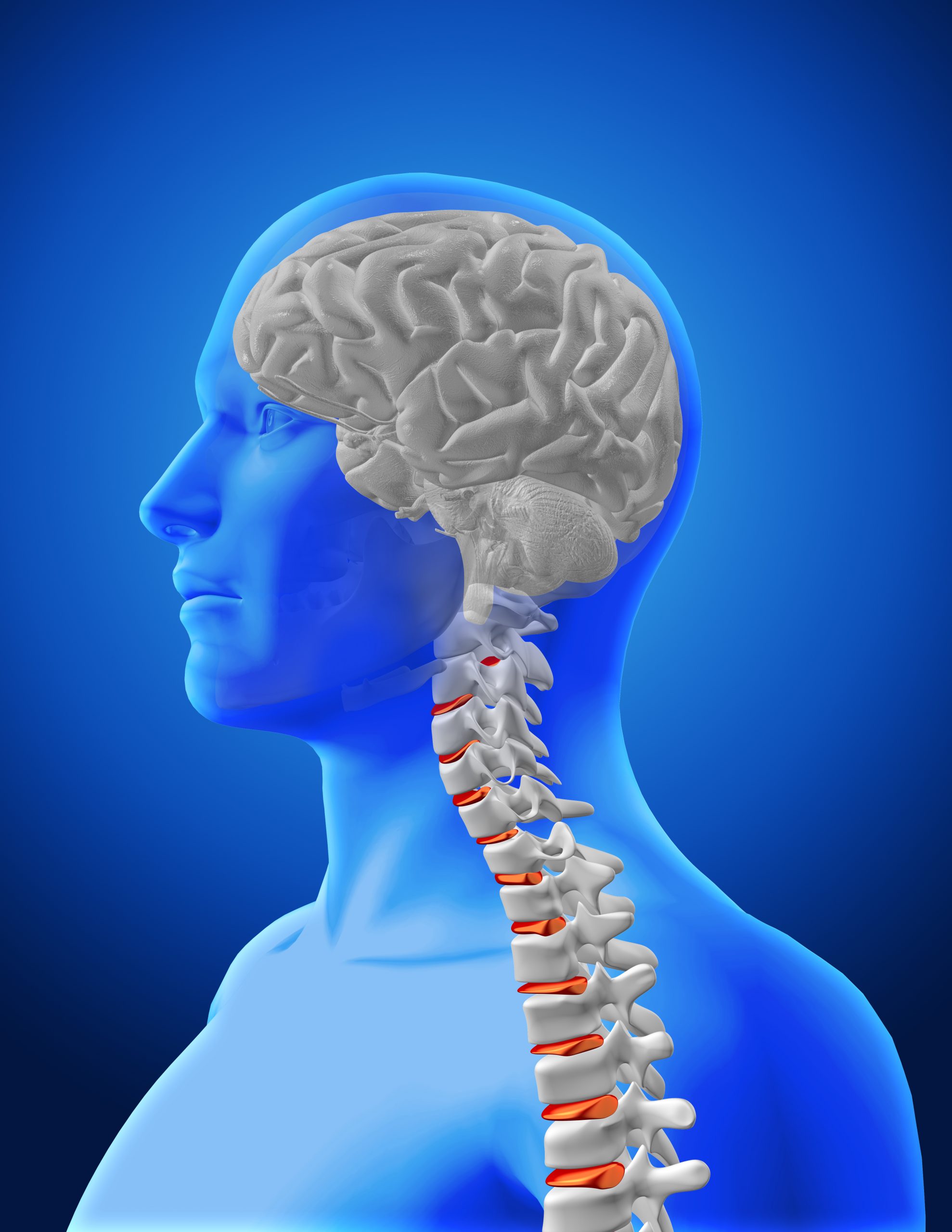

Brigham and Women’s Hospital, a founding member of the Mass General Brigham health care system, has developed a probiotic to reduce autoimmunity in the brain, which occurs when the immune system targets central nervous system cells. Multiple sclerosis (MS) and other disorders are characterized by autoimmunity in the brain.
Researchers confirmed the multiple sclerosis treatment’s potential in a new study utilizing preclinical models of these disorders, discovering that the approach offered a more accurate way to target brain inflammation with fewer harmful side effects than current medicines. The findings were published in Nature.
“Engineered probiotics could revolutionize the way we treat chronic diseases,” said lead author Francisco Quintana, Ph.D., of the Ann Romney Center for Neurologic Diseases at Brigham and Women’s Hospital. “When a drug is taken, its concentration in the bloodstream peaks after the initial dose, but then its levels go down. However, if we can use living microbes to produce medicine from within the body, they can keep producing the active compound as its needed, which is essential when we consider lifelong diseases that require constant treatment.”
Autoimmune illnesses affect 5%-8% of the population in the United States. Despite their extensive occurrence, most of these disorders have few treatment options. Many pharmaceutical medications can’t properly access the brain due to the blood-brain barrier, a protective mechanism that divides the brain from the circulatory system, making autoimmune disorders that damage the brain, such as MS, extremely difficult to treat.
The researchers researched dendritic cells, a type of immune cell found in the gastrointestinal tract and the areas around the brain, to find novel strategies to treat autoimmune illnesses. These cells help manage the rest of the immune system, although their significance in autoimmune illnesses is unknown. They discovered a molecular route that dendritic cells utilize to prevent other immune cells from attacking the body by examining dendritic cells in the central nervous system of mice.
“The mechanism we found is like a brake for the immune system,” said Quintana. “In most of us, it’s activated, but in people with autoimmune diseases, there are problems with this brake system, which means the body has no way to protect itself from its own immune system.”
The researchers discovered that lactate, a substance involved in numerous metabolic processes, can be used to activate this biochemical brake. The researchers were subsequently able to genetically modify probiotic bacteria in order for them to make lactate.
“Probiotics are nothing new—we’ve all seen them sold as supplements and marketed as a way to promote health,” said Quintana. “By using synthetic biology to get probiotic bacteria to produce specific compounds relevant to diseases, we can take the benefits probiotics and amp them up to the max.”
They tested their probiotic in mice with an illness similar to Multiple Sclerosis and discovered that, despite the bacteria being in the gut, they were able to minimize the disease’s symptoms in the brain. They found no bacteria in the mice’s bloodstream, implying that the effect they observed was due to biochemical transmission between cells in the gut and the brain.
“We’ve learned in recent decades that the microbes of the gut have a significant impact on the central nervous system,” said Quintana. “One of the reasons we focused on multiple sclerosis in this study was to determine whether we can leverage this effect in treating autoimmune diseases of the brain. The results suggest we can.”
Although the current study only looked at the effect of the probiotic on mice, the researchers are optimistic that the strategy might be easily adapted into the clinic because the strain of bacteria used to generate the probiotic has already been evaluated in humans. The researchers are now aiming to improve their method for treating autoimmune disorders that affect other regions of the body, including gut ailments like inflammatory bowel syndrome.
Quintana and colleagues are collaborating with Mass General Brigham Ventures to build a firm.
“The ability to use living cells as a source of medicine in the body has tremendous potential to make more personalized and precise therapies,” said Quintana. “If these microbes living in the gut are powerful enough to influence inflammation in the brain, we’re confident we’ll be able to harness their power elsewhere as well.”
more recommended stories
 Nanoplastics in Brain Tissue and Neurological Risk
Nanoplastics in Brain Tissue and Neurological RiskKey Takeaways for HCPs Nanoplastics are.
 AI Predicts Chronic GVHD Risk After Stem Cell Transplant
AI Predicts Chronic GVHD Risk After Stem Cell TransplantKey Takeaways A new AI-driven tool,.
 Red Meat Consumption Linked to Higher Diabetes Odds
Red Meat Consumption Linked to Higher Diabetes OddsKey Takeaways Higher intake of total,.
 Pediatric Crohn’s Disease Microbial Signature Identified
Pediatric Crohn’s Disease Microbial Signature IdentifiedKey Points at a Glance NYU.
 Nanovaccine Design Boosts Immune Attack on HPV Tumors
Nanovaccine Design Boosts Immune Attack on HPV TumorsKey Highlights Reconfiguring peptide orientation significantly.
 High-Fat Diets Cause Damage to Metabolic Health
High-Fat Diets Cause Damage to Metabolic HealthKey Points Takeaways High-fat and ketogenic.
 Acute Ischemic Stroke: New Evidence for Neuroprotection
Acute Ischemic Stroke: New Evidence for NeuroprotectionKey Highlights A Phase III clinical.
 Statins Rarely Cause Side Effects, Large Trials Show
Statins Rarely Cause Side Effects, Large Trials ShowKey Points at a Glance Large.
 Anxiety Reduction and Emotional Support on Social Media
Anxiety Reduction and Emotional Support on Social MediaKey Summary Anxiety commonly begins in.
 Liquid Biopsy Measures Epigenetic Instability in Cancer
Liquid Biopsy Measures Epigenetic Instability in CancerKey Takeaways Johns Hopkins researchers developed.

Leave a Comment